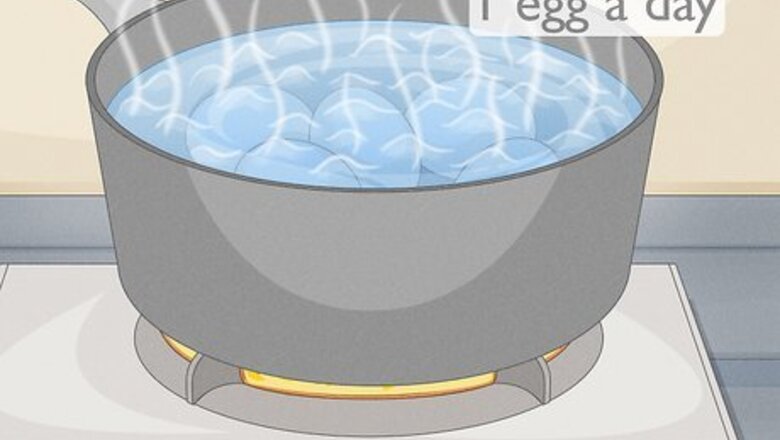
views
Are eggs safe for dogs to eat?
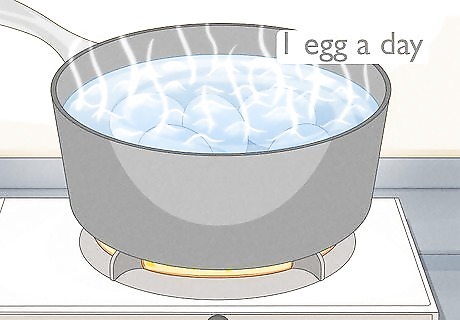
Yes, eggs are safe for dogs to eat when they’re cooked. Eggs are a great source of nutrients for your furry friend. They can eat eggs for protein, iron, and vitamins just like you; however, you don’t want to give them too much. As a general rule, a dog shouldn’t eat more than 1 egg a day as too much protein can lead to weight gain.
Can dogs eat raw eggs?
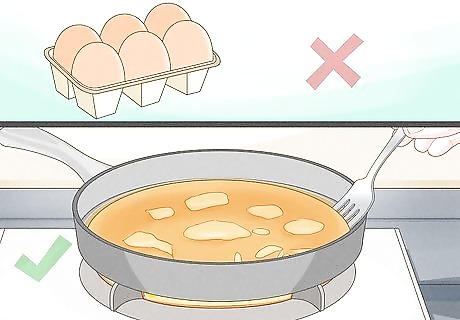
Feeding dogs raw eggs is not recommended. Veterinarians caution dog owners from giving their furry friends uncooked eggs because of salmonella, biotin deficiency, and bacteria concerns. If you want to give your dog eggs, it’s best to cook them up first, just to be safe. Eating an egg contaminated with salmonella could cause a Salmonellosis infection, which results in fever, vomiting, diarrhea, and fatigue. Raw eggs have an enzyme called avidin that can decrease a dog’s biotin or vitamin B absorption, which can cause skin and fur problems. Feeding your dog raw eggs is possible, but it’s best to talk with your veterinarian first. If your dog does eat raw eggs, monitor their behavior for signs of vomiting, diarrhea, and fatigue, and contact your veterinarian immediately or call a pet helpline like 952-HELP-PET (952-435-7738).
Best Ways to Cook Eggs for Dogs
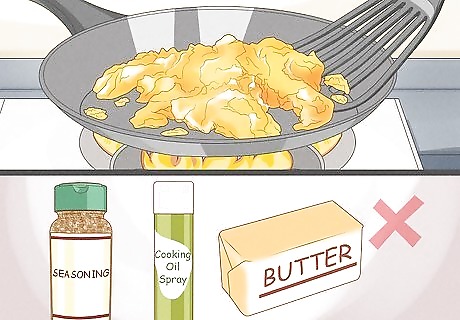
Scramble up some eggs for your pup. Eggs are a great way to add protein and flavor to a dog’s meal. Plus, it may entice them to eat! Simply scramble some eggs in a non-stick pan and mix them into your dog's food. Stay away from seasonings, butters, and cooking sprays. You may like adding a dash of pepper and salt to your eggs, but your pup likes it bland. Avoid adding any seasonings to a dog’s eggs as they can be toxic.
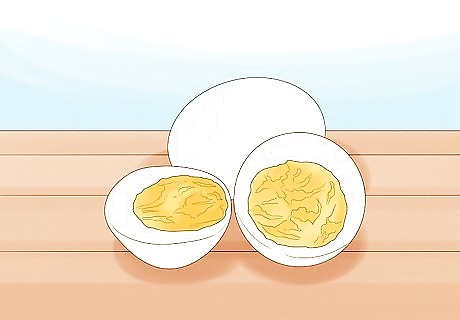
Hard boil an egg for your furry friend. This cooked egg is the perfect protein snack for you and your pup! Break off small pieces as training treats, or mix a mashed hard-boiled egg with a spoonful of cottage cheese for an extra special snack—just keep in mind that eggs and cheeses should take up no more than 10% of their daily food intake. Hard-boiled eggs can last in the fridge for about a week, making them the perfect homemade treat.
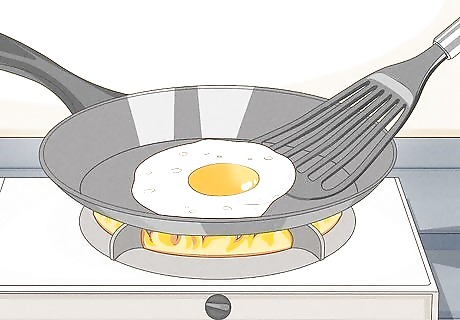
Make a sunny side up egg to put a smile on your dog’s face. Cracking eggs for your breakfast? Consider cracking one for your dog, too, minus the oil and seasoning. A sunny side up egg would be a great topper on their morning meal.
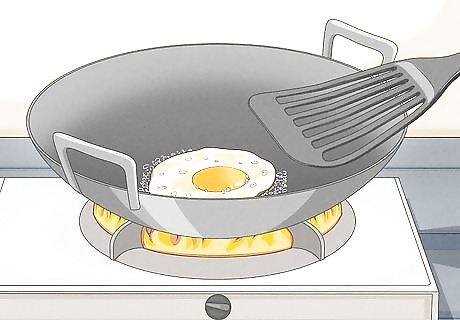
Fry an egg to get your pup’s mouth watering. If you’re cooking up some eggs for yourself, why not fry one up for your dog? Make sure your pan is clean and free of any butters, oils, and seasonings before frying their egg. Cut the egg into small pieces to toss into your dog’s food or to give as treats.
Can dogs eat eggshells?
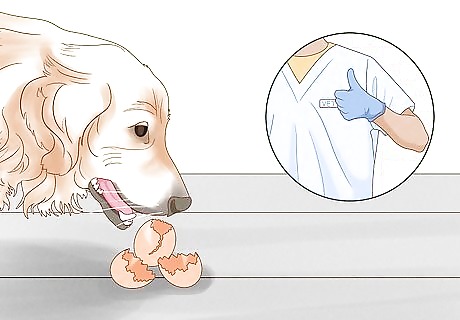
Yes, dogs can eat shells in moderation, but only with a veterinarian’s permission. Many dog owners will give their pups eggshells instead of a calcium supplement; however, eggshells can easily get stuck in a dog’s throat and intestinal tract. Talk to your veterinarian about your pup’s calcium levels to see if eggshells or a calcium supplement is best. If your veterinarian gives you permission to feed your dog eggshells, follow their instructions and/or crush the shells into fine pieces to mix into your dog’s food. If your dog eats whole eggshells, contact your veterinarian immediately as large, sharp pieces can cut their mouth and digestive tract. Ask your veterinarian to run a routine blood test to see if your dog has a calcium deficiency. When the test is complete, they’ll be able to advise you on what and how many supplements to give your dog.











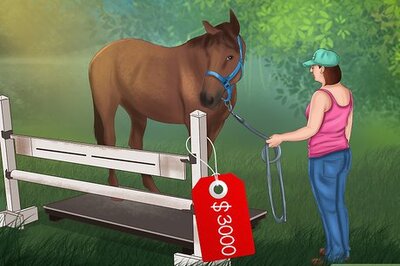





Comments
0 comment